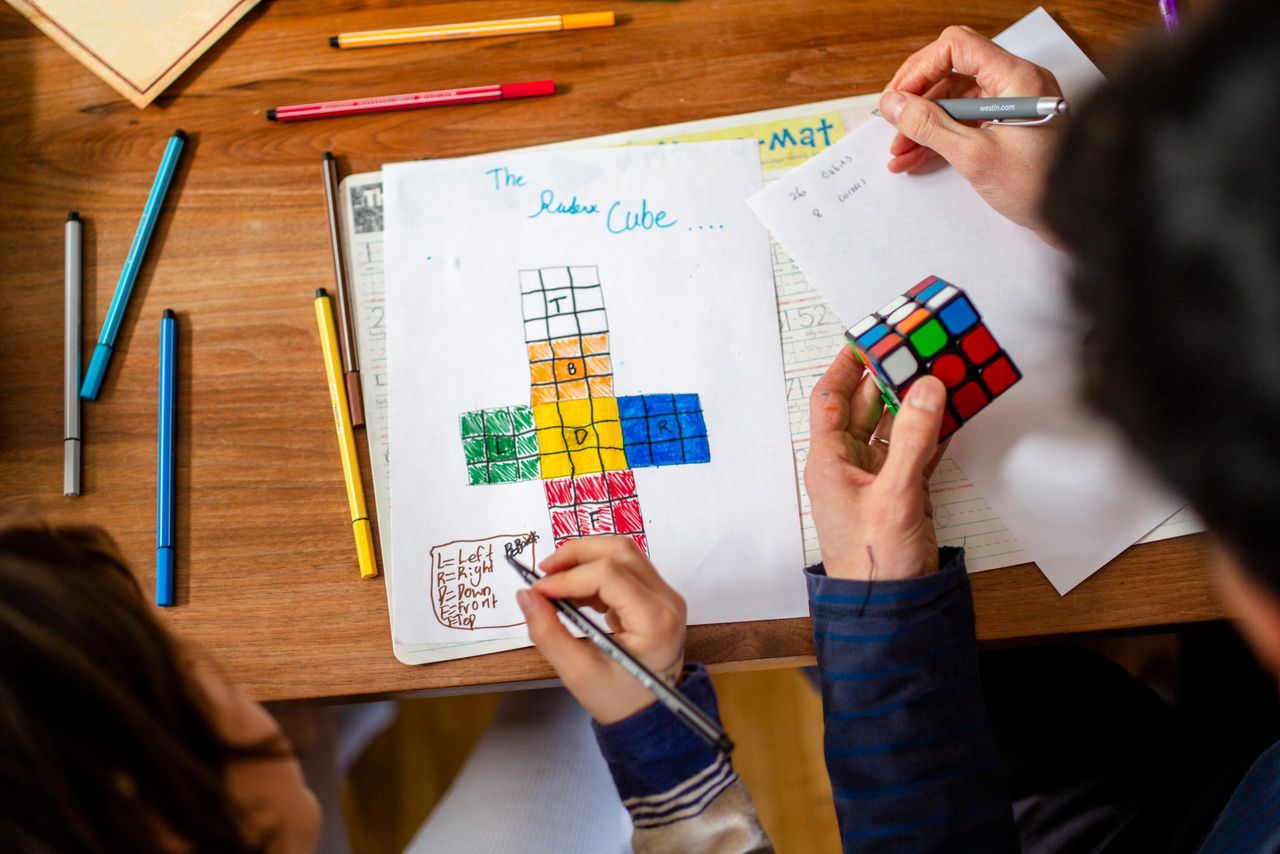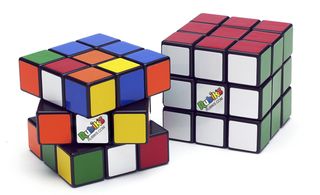Children who do puzzles reduce their risk of dementia later in life
And these are the best dementia-beating puzzles to try!

Developing problem-solving skills as a child can last in to old age, according to a new study.
Researchers from the University College London (UCL) have learned that eight year olds’ scores on memory and thinking tests can predict how they will perform on the same tests at age 70, which may be an indicator for predicting dementia.
During their research, dementia scientists found that children who scored better in the cognitive tests, also scored better over 60 years later.
According to Dr Carol Routledge, Director of Research at Alzheimer’s Research UK, this may be down to the ‘cognitive reserve’ we obtain during our childhood. "Memory and thinking skills we acquire during our lives can make us more resilient to the symptoms of dementia in older age, but more research is needed to better understand this link," she says.
Doing brain-training puzzles has often been recommended to help reduce the risk of dementia. In fact, research from King’s College London and the University of Exeter has found that older adults who take part in puzzles have better cognitive function too. Here are some of the best ones to try for all ages...
The Best Brain Training Puzzles
Rubix cube

With 43 quintillion combinations, this classic brain puzzle will test your problem solving skills as you twist and turn the cube to match up the colours.
GoodtoKnow Newsletter
Parenting advice, hot topics, best buys and family finance tips delivered straight to your inbox.
Puzzle books
Brain Games for Clever Kids, £3.78
If your kids like a challenge, they’ll love this book - which is packed with dozens of memory, word and number puzzles.
A ball maze

Addict A Ball Maze 1, £13.85, Amazon
Help your little one practice their problem-solving skills early with 3D maze ball, aimed at children aged 6+. This involves navigating a ball through 138 spirals, swings and slides to challenge your problem-solving ability, hand-eye co-ordination – not to mention your patience.
Have you bought puzzles for you kids? Do they enjoy it? Head over to our Facebook page and let us know your thoughts!